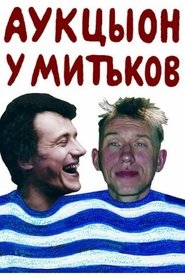detail profile leonid fedorov
Peran Yang Di Mainkan Leonid Fedorov
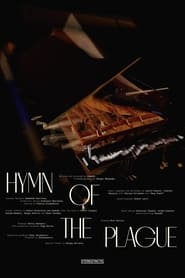 In an old Soviet music hall...
In an old Soviet music hall...Hymn of the Plague 2024
In an old Soviet music hall, an orchestra is recording a composition based on Pushkin's "Feast During the Plague". An invisible and frightening force is interfering with the musicians - whether it is the spirits of the past or the echo of war, but no one notices what is happening around them until the terrible end comes.
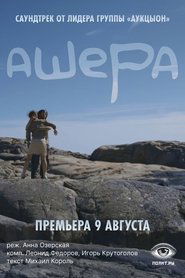 The poem of Jewish poet Mikhail...
The poem of Jewish poet Mikhail...Asherah 2024
The poem of Jewish poet Mikhail Korol “Songs of the felled Asherah” is a phantasmagoric interpretation of the development of monotheism in Canaan. The goddess of love and fertility Asherah refuses the great and formidable gods, gives her love to the only God with an unpronounceable four-letter name. The tragedy of Asherah is that monotheism excludes the recognition of divine couples, and her choice means inevitable destruction and oblivion.
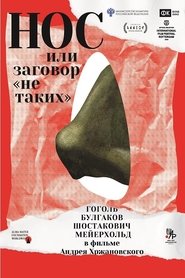 An exploration of 20th century Russia...
An exploration of 20th century Russia...The Nose or Conspiracy of Mavericks 2021
An exploration of 20th century Russia, following the fusing of the Party and the state after the Russian Civil War, which opened the doors to corruption, resulting in the exiling of the left and right opposition. Described using a combination of historical settings, biographies and masterpieces from Russian avant-garde artists, composers and writers from this period in history.
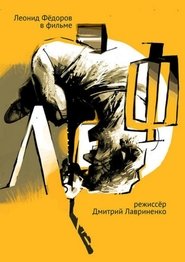 Director Dmitry Lavrinenko famous for his...
Director Dmitry Lavrinenko famous for his...LeF 2016
Director Dmitry Lavrinenko, famous for his documentary about the rock band Auktyon (АукцЫон) "Encore", mounts the story of Fedorov from images equally momentary and eternal, and stories at the same time everyday and worldly. Phantoms and chronicles, tales about recording the first solo album in an unheated Lendok studio, a confessional story about the death of his father, memories of meeting Henri Volokhonsky and Khvost (Aleksei Khvostenko), who scared dad with his complete freedom from reality, drinking vodka at a meeting with grateful and not very listeners. Behind the mosaic painting is a whole story about the thorny path of the artist, the courage to leave the comfort zone and spiritual poetry, which the film is looking for a visual equivalent.
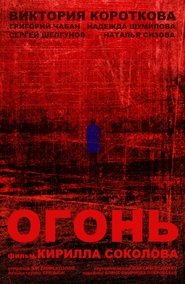 How far will one go to...
How far will one go to...The Flame 2015
How far will one go to preserve the world they are accustomed to… Olya is unshakable to the blows of fate, she always strikes first instead of being hit. Everyone who is not with her is against her. However one day the moment comes when she has to reconsider her view of life…
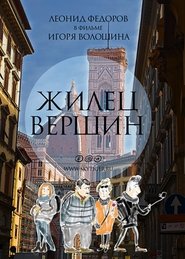 A reality film about the journey...
A reality film about the journey...Inhabitant Of The Top D...Comedy 2015
A reality film about the journey of the frontman of the Auktyon group Leonid Fedorov to Florence, a city that gives the musician an impulse to live and create. Film director Igor Voloshin ("Nirvana", "I", "Bedouin") films life as it is: trips to museums, feasts, New Year's Eve, a trip to Tuscany and Bologna. The intricate editing makes the film fly with frantic energy and rhythm, similar to Fedorov's songs.
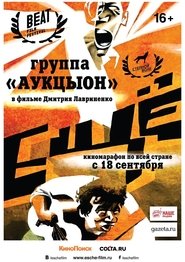 Manymany words have been written and...
Manymany words have been written and...Encore 2014
Many-many words have been written and a few ingenuous TV documentaries have been filmed about the great Russian rock band Auktyon (АукцЫон), which recently celebrated 30 years of playing music. Everything is completely different in the case of the film Encore: it took seven years for the director, Dmitry Lavrinenko, to make it; he needed just that amount of time to capture the wayward grace still preserved by Fyodorov, Garkusha, Ozersky and their associates. If you look behind the powerful music façade, you find not a story of a band but chronicles of a voyage aimed at incredible, incomparable music. Encore shows how the songs which are now known by heart were composed; it also shows things generally left aside: pieces of everyday life, tour diaries, conversations, including the key phrase: “You should not look at the liberty too much, you might feel dizzy.
 Five passengers the Bandit his friend...
Five passengers the Bandit his friend...Me Too 2012
Five passengers - the Bandit, his friend Matvei, Matvei's old father, the Musician, and a young woman - race along an empty road in a big black jeep, searching for the Belfry of Happiness which, according to hearsay, lies somewhere between St. Petersburg and the town of Uglich, near a deserted nuclear power station. The Belfry takes people, but it does not take everyone. Each of the five passengers believes that he or she will be chosen.
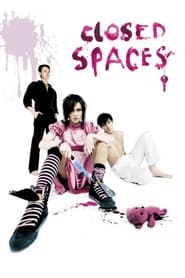 The first Russian emomovie Closed Spaces...
The first Russian emomovie Closed Spaces...Closed Spaces 2008
The first Russian emo-movie, Closed Spaces is a story about the newest generation of Russians. Having grown up in Russia's crazy 1990s, an era filled with constant and drastic change, these teenagers have no solid ground beneath their feet. They are trapped in a strange world in which their money-obsessed parents lead senseless lives and even kill each other. Vika is twenty years old. She has black fingernail polish, wears pink dresses, and is constantly depressed. While working at a pizza place, she gets an order for a pizza delivery from Venya, a strange twenty year old boy who lives all alone in a deserted apartment in the middle of Moscow. Venya suffers from agarophobia, the fear of open space. When Vika arrives Venya lets her in and locks the door behind her.
 A gloomy tale or a completely...
A gloomy tale or a completely...The Daddy's Meat 2004
A gloomy tale or a completely innocent family picnic on the open air ...
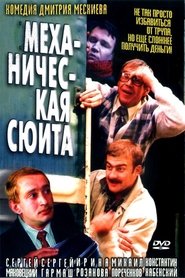 Two colleagues go to fetch the...
Two colleagues go to fetch the...Mechanical Suite 2002
Two colleagues go to fetch the body of their co-worker from a neighboring town where that man died unexpectedly. As this person has no kin, the director of the factory chooses to send Markerants and Mityagin to deal with the whole business. And here the adventures begin...
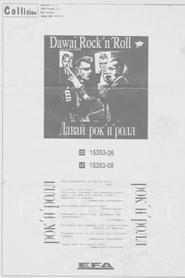 Documentary film for german TV about...
Documentary film for german TV about...Let's rock-n-roll 1989
Documentary film for german TV about rock music in Soviet Union. Featuring: "Мистер Твистер", "Ва-Банкъ", "Чудо-Юдо", "Женская Болезнь", "Ночной Проспект", "Аквариум", "Ноль", "Аукцыон", "Телевизор", "АВИА", "Звуки Му". In 1989 an album with recorded soundtrack was released.
 With a brother dedicated to punk...
With a brother dedicated to punk...The Burglar 1987
With a brother dedicated to punk rock stardom at any cost and a drunken father who chases skirt between robotic dancing lessons from the TV, young Senka stands as much chance of nurture as the hero of Truffaut's 400 Blows. The amazing thing about Ogorodnikov's film is that it was made in Russia. Clearly, plenty of Soviet teenies share the nihilistic feelings of their Western counterparts, and the extensive footage of safety-pin chic at concerts perhaps points to a sound export instinct on the director's part. Senka's brother Kostya is under pressure from Howmuch, a very heavy rocker, to steal a synthesiser from the Community Centre, so to protect him Senka steals it himself. The story occupies little more space than the music, but the performances are splendid enough to lodge Senka's predicament in the heart.
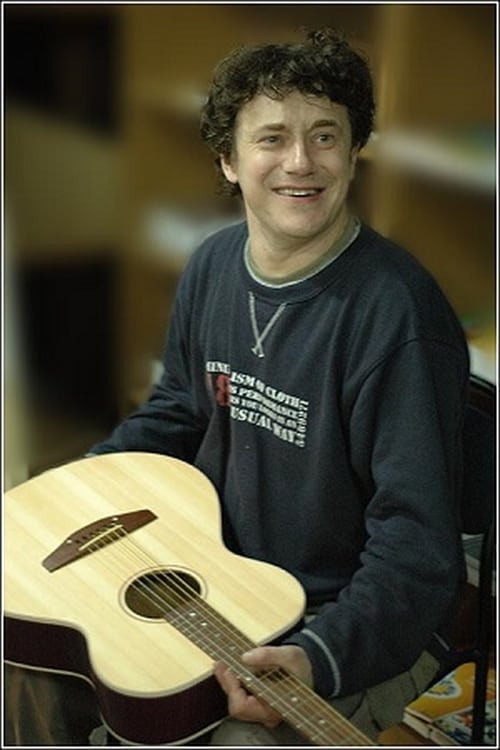
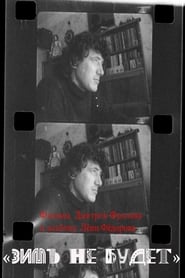 There will be no winters a...
There will be no winters a...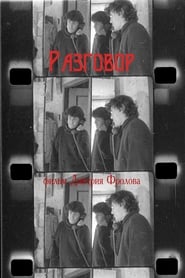 To the idly meditating musician received...
To the idly meditating musician received...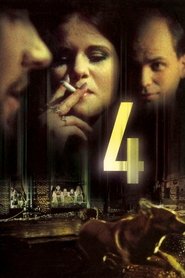 Two men and a woman happen...
Two men and a woman happen...